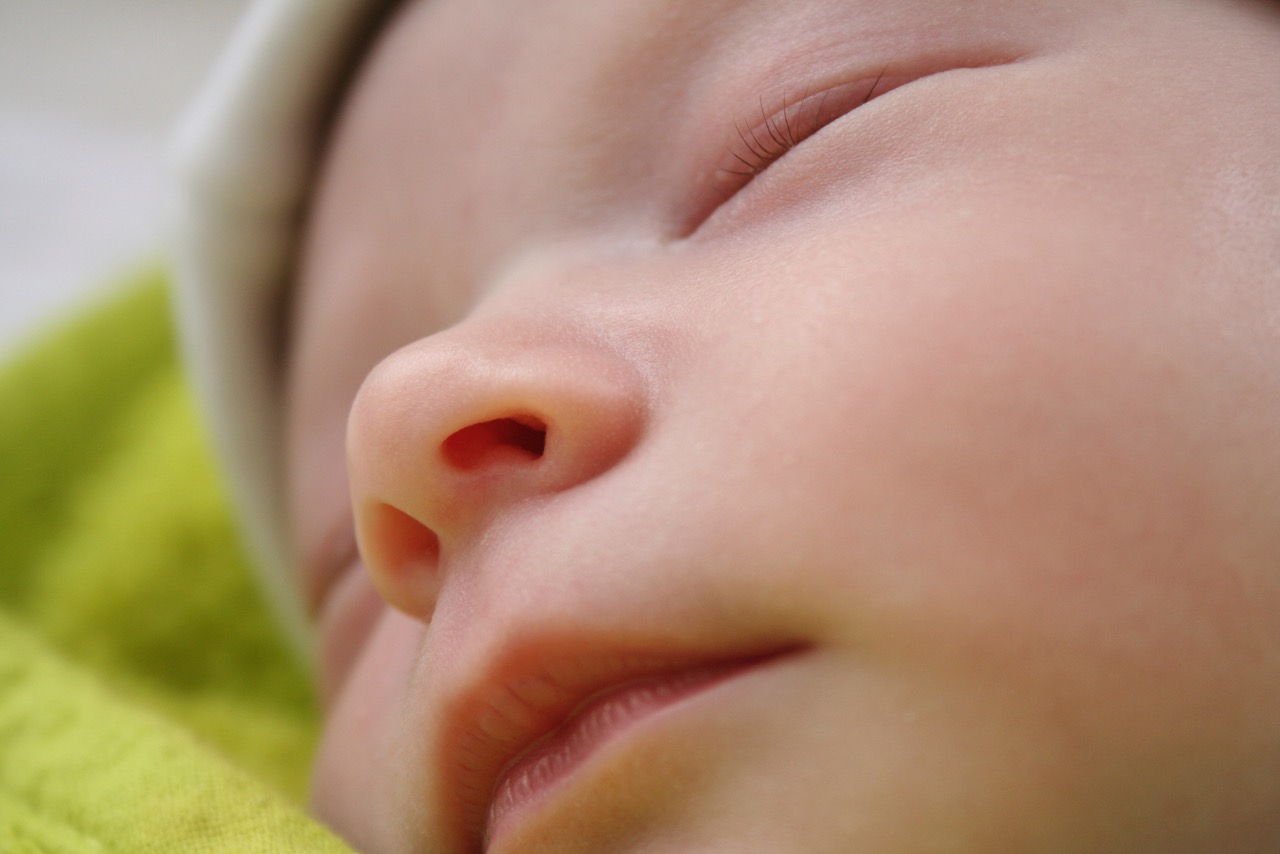By Dr Bronwyn Leigh
I’m always heartened when I find a sensible and sensitive book for parents, especially when it addresses the contentious issue of infant and toddler sleep.
Julie Wright and Heather Turgeon are two Los Angeles-based psychotherapists and authors of the practical step-by-step guidebook, The Happy Sleeper (Penguin Random House, 2014). This book is a research-based guide to helping children sleep through the night.
Here is an overview by Julie and Heather in their words:
“You’ve probably heard the term “sleep training” before—the idea that you’ll need to teach your baby to sleep properly through the night. But we think about this a different way:
Your baby already knows how to sleep.
It may not seem so simple in your house, but sleep is a basic ability that all babies are naturally born to develop. As they grow, their bodies crave healthy sleep, and their brains are wired for it. Of course, newborns need our help to soothe, calm, and organize their tiny developing nervous systems, but by five or six months of age, almost all babies are capable of sleeping well (even if they are still feeding at night) without much assistance from mom and dad. After this age, you just need the right patterns, associations, and environment in place so that healthy, natural sleep can unfold.
If you’ve reached out for sleep help before, you’ve noticed the polarized sleep camps of the “cry-it-out sleep training” vs. the “attachment style parenting” methods. These approaches seem to contradict each other: one valuing sleeping through the night, and the other, support and emotional responsiveness.
But this is a false, unhelpful divide. It makes parents unduly upset and confused, because a loving, secure attachment and good, long, independent sleep are pitted against each other—as if they are at odds.
Thankfully, they are not. Our approach is designed so that you do not have to sacrifice your family’s happiness or sleep. A happy, well-loved child and 11-12 hours of nightly slumber are not only possible, using our techniques, they actually work together beautifully.
We often get asked if there is crying involved when using our techniques. It depends on the baby and the situation, but very often babies do protest (cry) at first, when you’re changing a well-entrenched sleep pattern. Babies are smart little scientists and they don’t like it when you change things up! Our methods allow for babies to protest, while not ever feeling worried or fearful.
Many parents feel pressured to “train” babies and young children to sleep but kids don’t need to be trained to sleep, they’re built to sleep. Sleep issues arise when parents (with the best of intentions) overhelp or “helicopter parent” at night—overshadowing their baby’s innate biological ability to sleep well. In The Happy Sleeper we show parents how to be sensitive and nurturing, but also clear and structured so that babies and young children develop the self-soothing skills they need to
- Fall asleep independently
- Sleep through the night
- Take healthy naps
- Grow into natural, optimal sleep patterns for day and night”
For more information, you can visit Julie and Heather’s website www.thehappysleeper.com
About the Author
Dr Bronwyn Leigh is a clinical psychologist, perinatal and infant clinician and early parenting consultant. She is Director of the Centre for Perinatal Psychology. Bronwyn specialises in the psychological aspects of becoming a parent, the emotional development of infants, and parent-infant relationships.
Contact us Today
Find a psychologist near you that can help you with infant settling issues. You can search by Location and Book Online.
Call us on 1300 852 660 or contact us to make an appointment or enquiry.








